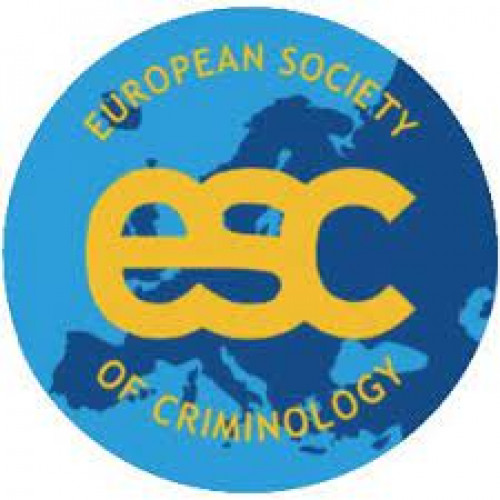EDITORIAL NOTES: A throwback to 1999
2000, the European Society of Criminology was created by the founding members Hans-Jörg Albrecht, Kauko Aromaa, Catrien Bijleveld, Gerben Bruinsma, Henk van de Bunt, Manuel Eisner, Chris Eliaerts, David Farrington, Uberto Gatti, Katalin Gönczöl, Beata Gruszczynska, Hanns von Hofer, Josine Junger-Tas, Georges Kellens, Hans-Jürgen Kerner, Martin Killias, Britta Kyvsgaard, Mike Levi, Laurent Mucchieli, Cristina Rechea Alberola, Ernesto Savona, Alenka Êélih, Sonja Snacken, Michael Tonry, Per-Olof Wikström (awarded the 2024 ESC European Criminology Award), and Paul Wiles.
The current ESC board is preparing a series of activities to mark the 25th anniversary of a society which keeps on growing and diversifying, and it would be interesting to remember the vibe of the times. How were people feeling 25 years ago to this day, in 1999? Preparing for the new millennium, that was sure! What were they thinking or doing back then, bracing themselves to get used to starting every date with “20” instead of “19”?
In 1999, the media covered the fear of crashing systems due to a computer flaw, the so-called “Millennium Bug,” which led to anxiety and the Y2K (Year 2000) scare. Earlier, on January 1st, 1999, the euro was established
as currency, and the European Central Bank fully assumed its powers, which would prove to be a game changer to how most EU members lived and behaved. In March 1999, Hungary, Poland, and the Czech Republic joined NATO, and 39 people were killed in a fire in the Mont Blanc Tunnel. In April, Europe was startled by the Columbine massacre, eventually the first case of a mass shooting in the USA to hit the news. The Kosovo war would come to an end by June of that year, with thousands of deaths and missing people and a terrible wound left in the European territory. In July, EUROPOL became fully operational, and in September, a violent earthquake in Athens killed 143 and left 50,000 people homeless. With the internet and video games buzzing, 1999 marks the creation of NAPSTER, a music- downloading service that, together with other platforms, would alert for the risks of online piracy. In August, a total solar eclipse is witnessed in Europe and in October, the Armenian prime minister and seven other people are shot in the parliament. In December, there is the handover of Macau from Portugal to China after 442 years of Portuguese rule in the settlement. And the last day of 1999 sees Boris Yeltsin resigning, leaving Vladimir Putin as president of Russia.
Today, 25 years later, many of the main challenges we face were somehow emerging when the ESC was being prepared. The importance of online risks and harms, a war in European territory, the upscaling of European integration, including in its agenda for Justice and Security, the normalisation of autocratic regimes, and so on. Unfortunately, 25 years is also a long time, which means that the generations of criminologists are renovating, and some of the founding members – and friends – of the ESC have also departed during this time, with David Farrington’s passing marking the most recent loss in European Criminology.
The 25th anniversary of the Society is being carefully prepared in a way that will allow all members (old and new alike) to participate in such a memorable date. It will provide the perfect opportunity to think about what changed and what remained the same; how the ESC objectives, laid down in its charter, have been accomplished and what is there to pursue for the next 25 years. The passage of time feels sometimes mysterious, so let’s all take the chance to reflect on how Criminology has evolved in Europe and what role the ESC played in it.
